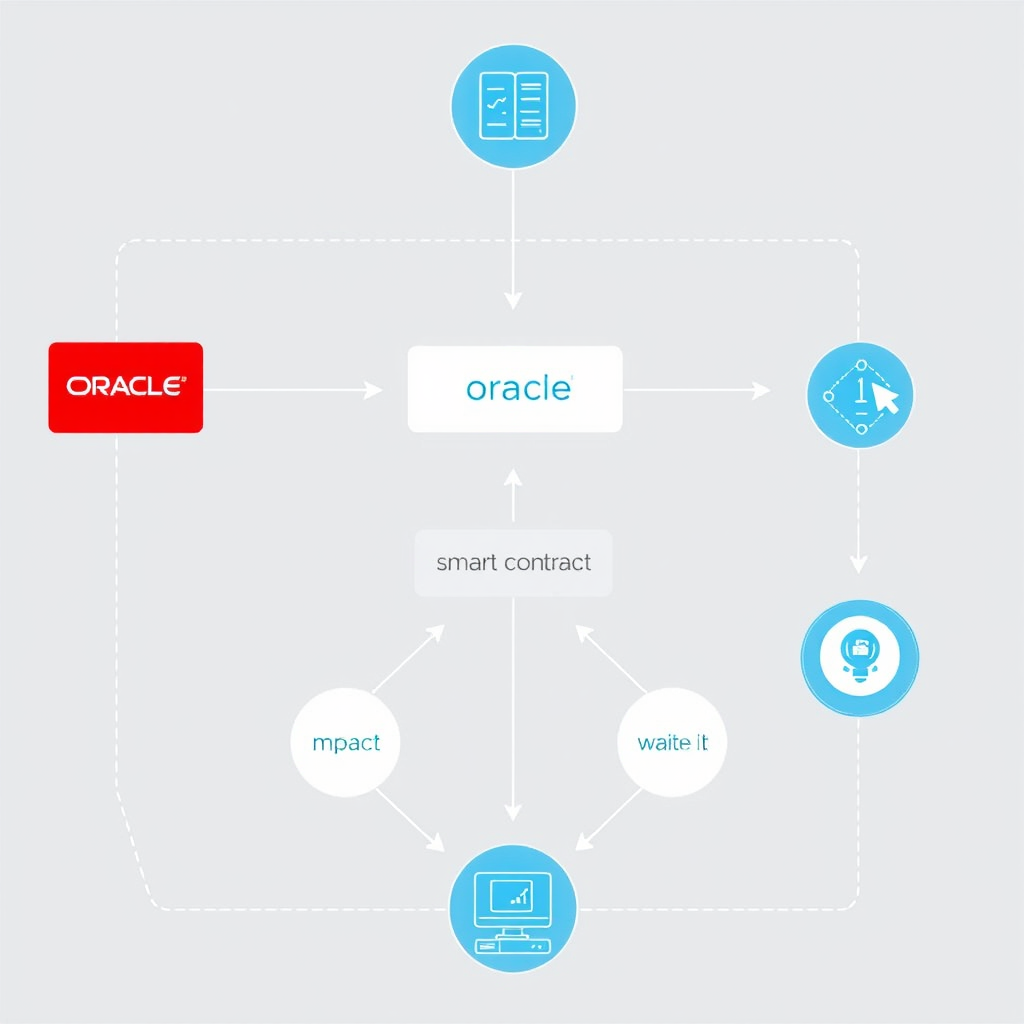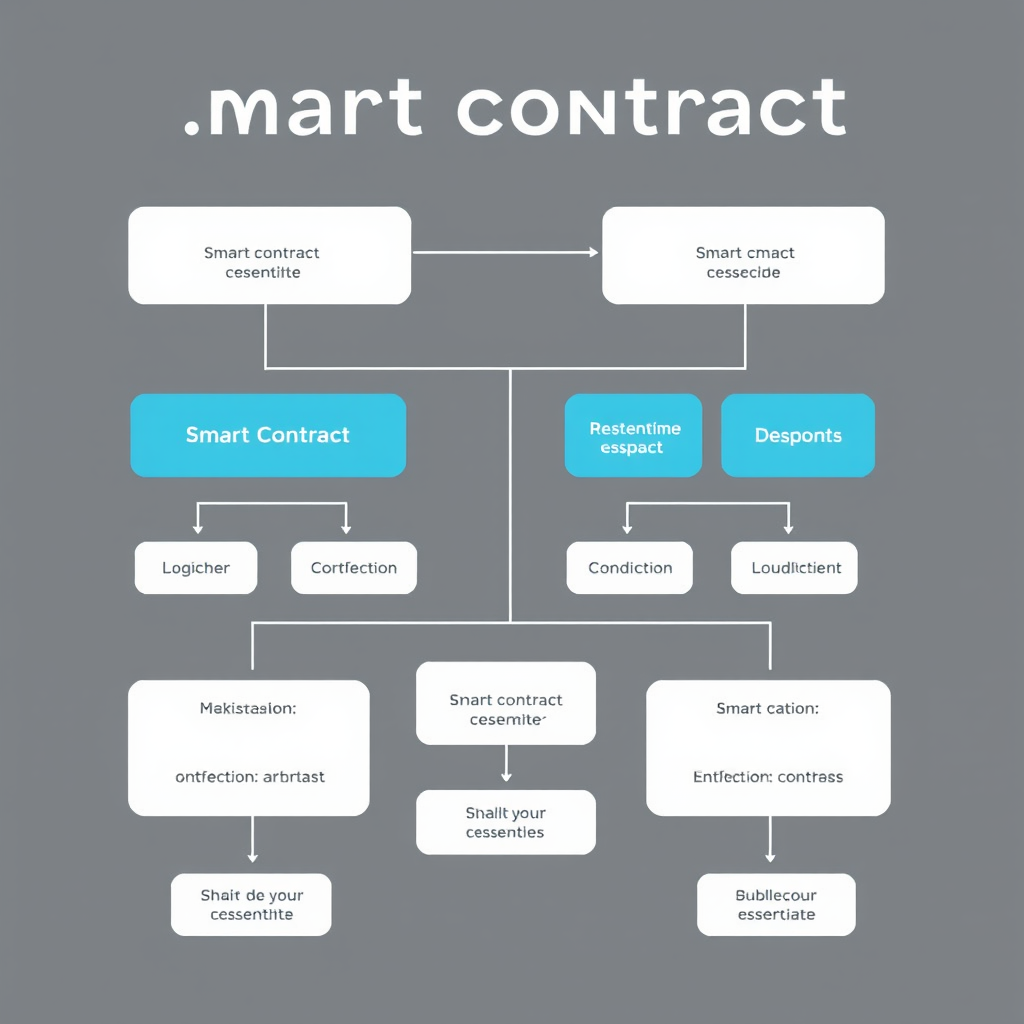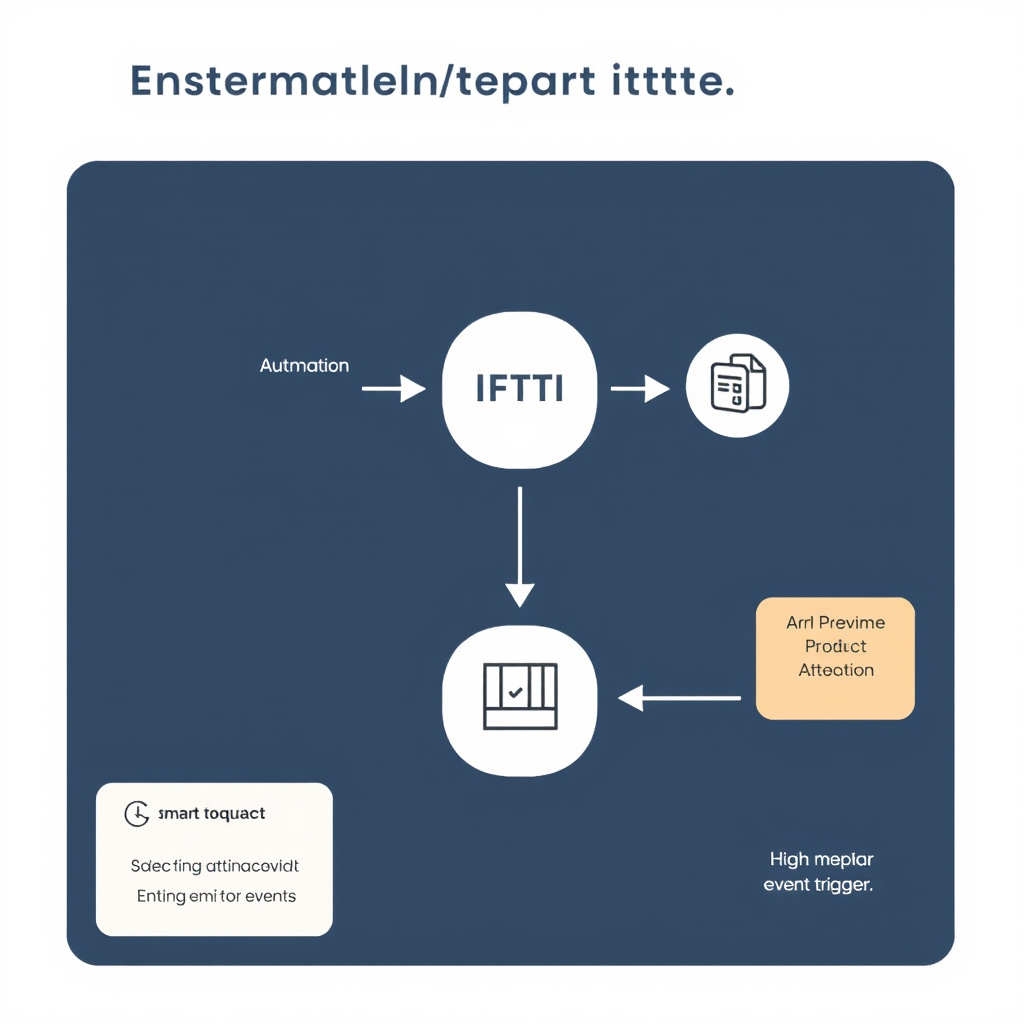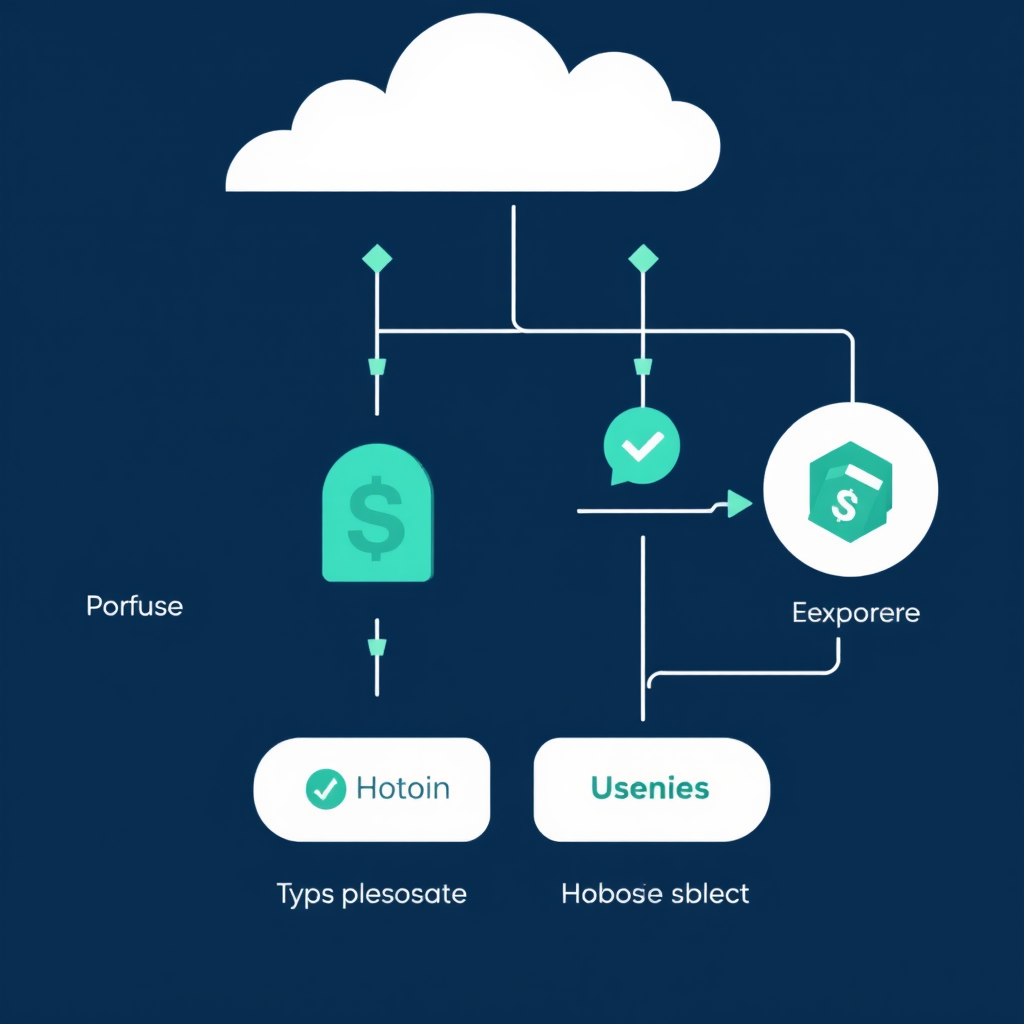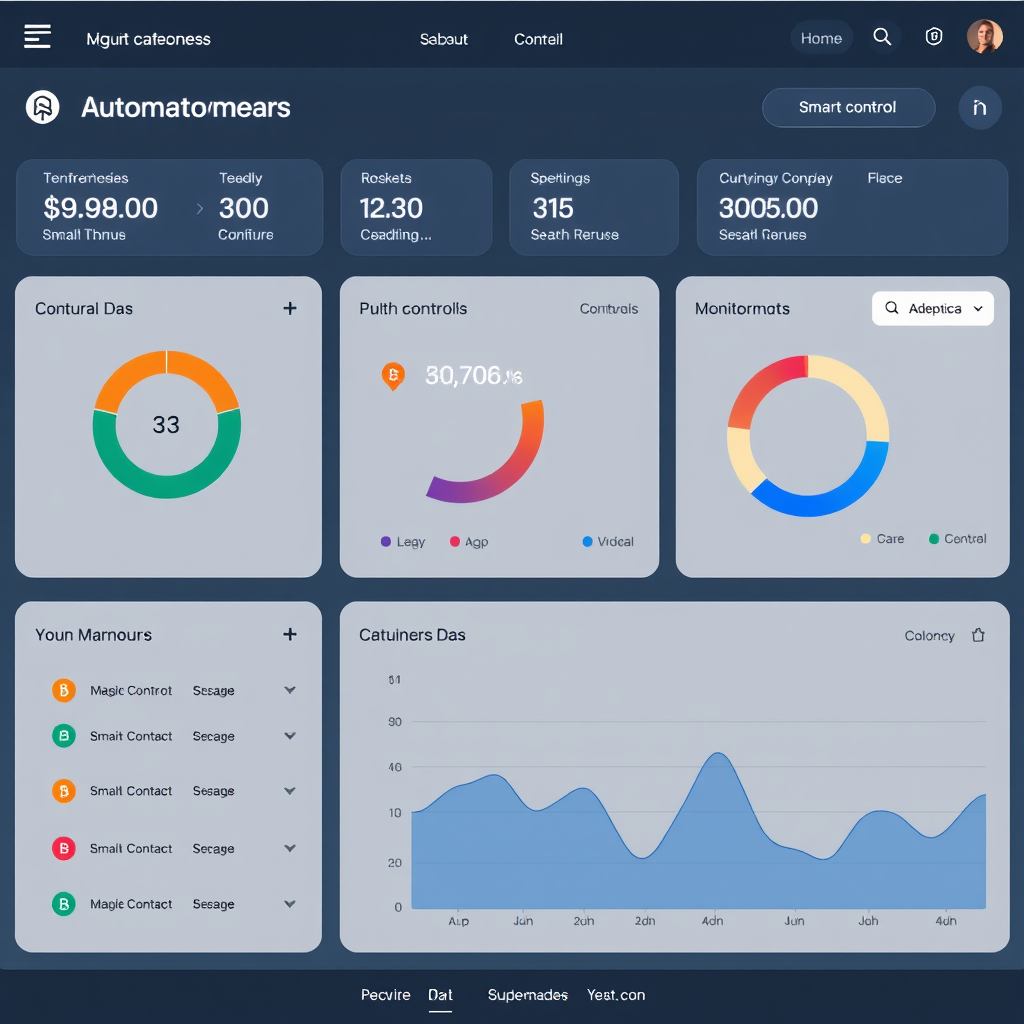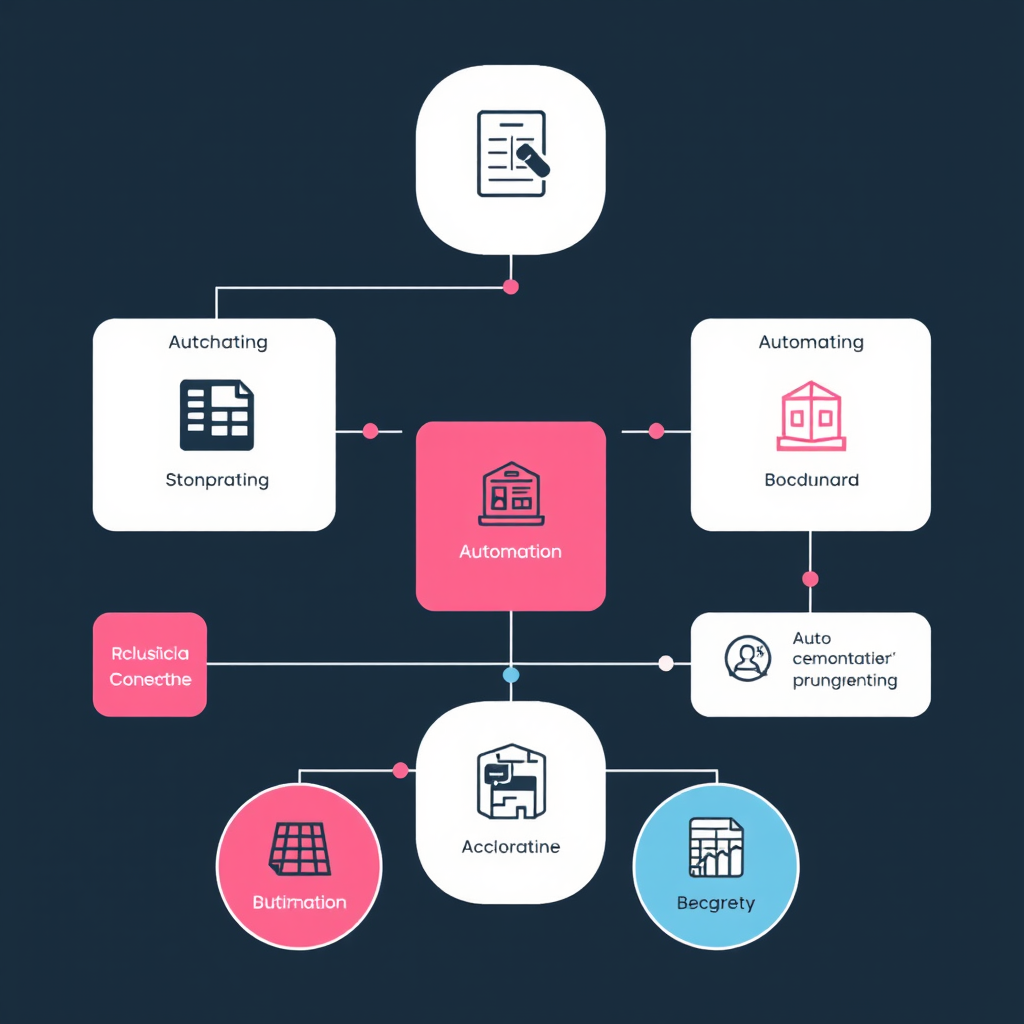Smart Contract Automation Solutions
Smart contract automation streamlines blockchain processes by executing predetermined actions when specific conditions are met. This enables trustless, efficient transactions without manual intervention.
Key automation methods include:
- Oracle Integration - Importing external data through ChainLink
- CRON Jobs - Automated scheduling via Keep3r Network
- Conditional Logic - Price-based triggers for DEX liquidity
- Timer Functions - Block-based execution timing
- IFTTT Events - Decentralized trigger automation
These solutions enhance DeFi operations through automated liquidity management, reward distribution, and transaction processing while maintaining security and reliability.
